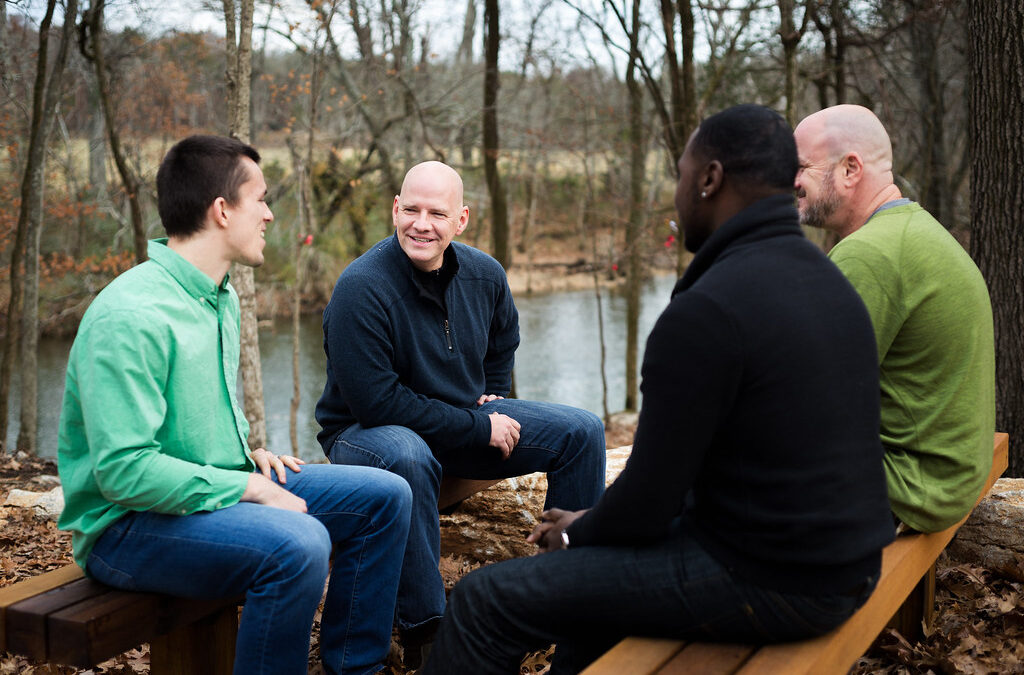Discover how Freiburg rebuilt itself into a global green city leader – and what the rest of the world can learn from its success.
The urban sustainability imperative
The urgent need for sustainable urban living has never been more apparent. Cities are inhabited by over 55% of the global population, which is expected to rise to 68% by 2050. Cities globally account for 70% of greenhouse gas emissions (United Nations’ World Urbanisation Prospects 2018 report).
A city leading by example
Freiburg im Breisgau, often simply called Freiburg, is the fourth-largest city in the German state of Baden-Württemberg, with around 355,000 residents in its built-up area and approximately 660,000 in the greater metropolitan region. Situated on the edge of the Black Forest, Freiburg offers a powerful example of how cities can respond to today’s environmental challenges by combining responsibility with a high quality of life. Over the years, it has become a global model of sustainable urban development, proving that green cities are not only possible but incredibly practical for urban life.
Rebuilding for people, not cars
After World War II, Freiburg rebuilt itself after 80% of its infrastructure was destroyed. Instead of following the widespread trend of prioritising cars and highways, the city chose to rebuild for people, rather than vehicles. In 1973, Freiburg pedestrianised its city centre. This bold step was taken decades before such policies became common in Europe, which laid the groundwork for a city designed around clean air, safe streets, and community wellbeing.
A renewable public transport system
Freiburg preserved and then expanded its tram network, beginning in 1972 and continuing through the 1980s and 1990s. Its trams and buses run entirely on renewable energy and serve nearly every part of the city. This transit-first approach is further reinforced by planning rules that require all new housing developments to be located near tram lines, reducing car dependency and encouraging sustainable mobility.
To read more about how this is saving the planet, click here.
Smart urban mobility to cut emissions
Urban transport has a significant environmental impact. According to the International Energy Agency’s 2022 report, transportation is responsible for approximately 24% of direct carbon dioxide emissions from fuel combustion. This includes emissions from road vehicles, aviation, shipping, and rail. Above all, road transport is the most significant contributor to these emissions. Freiburg’s commitment to public transit and cycling helps reduce this footprint dramatically. Over 400 kilometres of dedicated bicycle lanes have been introduced; the city prioritises cycling as a primary mode of transport. Neighbourhoods like Vauban have demonstrated this, where car ownership is low, at just 170 vehicles per 1,000 inhabitants, compared to the German average of 570 cars per 1,000 people. Modal filters limit car access in residential areas and allow safe pedestrian environments.
Healthier people, healthier cities
Freiburg’s emphasis on cycling and pedestrian-friendly infrastructure also delivers significant physical health benefits for its inhabitants. The city is mitigating harmful emissions like nitrogen dioxide and particulate matter, which the World Health Organisation attributes to millions of premature deaths annually. This is alongside respiratory issues such as asthma, which are increasingly prevalent in city dwellers. Furthermore, cycling and walking provide daily opportunities for physical exercise and help combat sedentary lifestyles, which promotes both physical and mental well-being. This is particularly important in the context of the global obesity epidemic, with the World Health Organisation reporting that worldwide obesity rates have nearly tripled since 1975, contributing to increased risks of heart disease, diabetes, and other chronic illnesses. Freiburg’s urban design encourages active transportation, making healthy choices easier and helping to create a more vibrant and resilient community.
Energy efficiency as a design principle
Energy efficiency is another pillar of the city’s success. Buildings throughout the city meet stringent standards, with many generating more energy than they consume through rooftop solar panels. According to the United Nations Environment Programme (UNEP), the buildings sector accounts for approximately 37% of global energy and process-related CO₂ emissions. Freiburg’s energy-positive homes and public buildings set a high bar, proving that energy-efficient design is achievable and affordable.
Sustainable water management and urban resilience
Freiburg actively promotes water sustainability through innovative rainwater capture and management. Rainwater is collected from rooftops and streets, redirected into infiltration systems, or stored for non-potable uses such as toilet flushing. Green roofs and permeable pavements are also in place to reduce runoff, replenish groundwater, and support biodiversity. Additionally, retention basins help manage heavy rainfall and prevent flooding.
Political leadership and social innovation
The election of Germany’s first Green Party mayor in 2002 underscored the city’s environmental commitment to sustainable living. Compact urban planning protects the surrounding Black Forest, a critical carbon sink, while fostering dense, liveable neighbourhoods. Collective housing ownership models encourage resource sharing and social cohesion, reducing waste and promoting sustainability at the community level.
A scalable model for urban sustainability
As urban areas expand and climate risks increase, the city’s integrated approach, combining renewable energy, transit-oriented development, cycling infrastructure, and community engagement, demonstrates a clear, workable path toward greener urban living. The urgency is undeniable: without such models, the World Health Organisation estimates that outdoor air pollution causes 4.2 million premature deaths yearly, much of it linked to fossil-fuel-based transportation and energy.
By choosing sustainability as a priority decades ago, Freiburg has created a green city, a thriving community with healthier air, safer streets, and an engaged citizenry. As the global population urbanises, Freiburg stands out as a beacon of what cities can achieve, offering practical, replicable solutions to climate change and urban living challenges.



